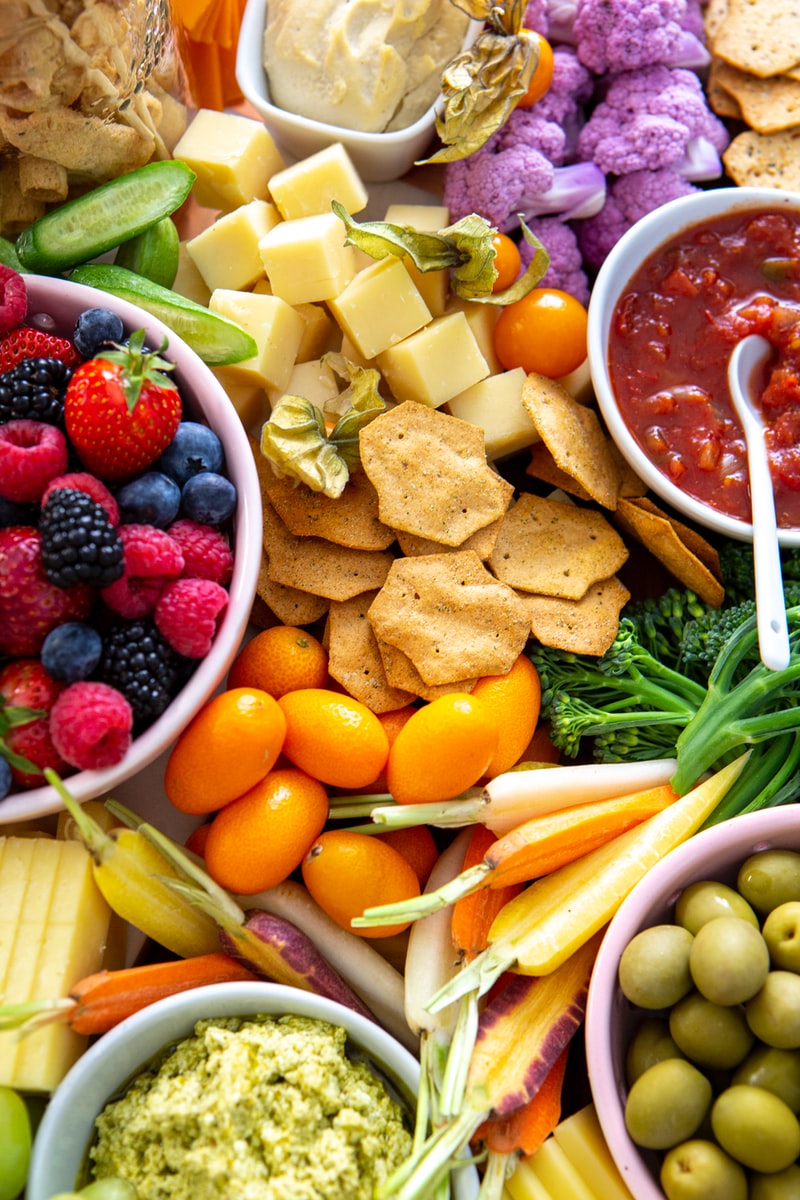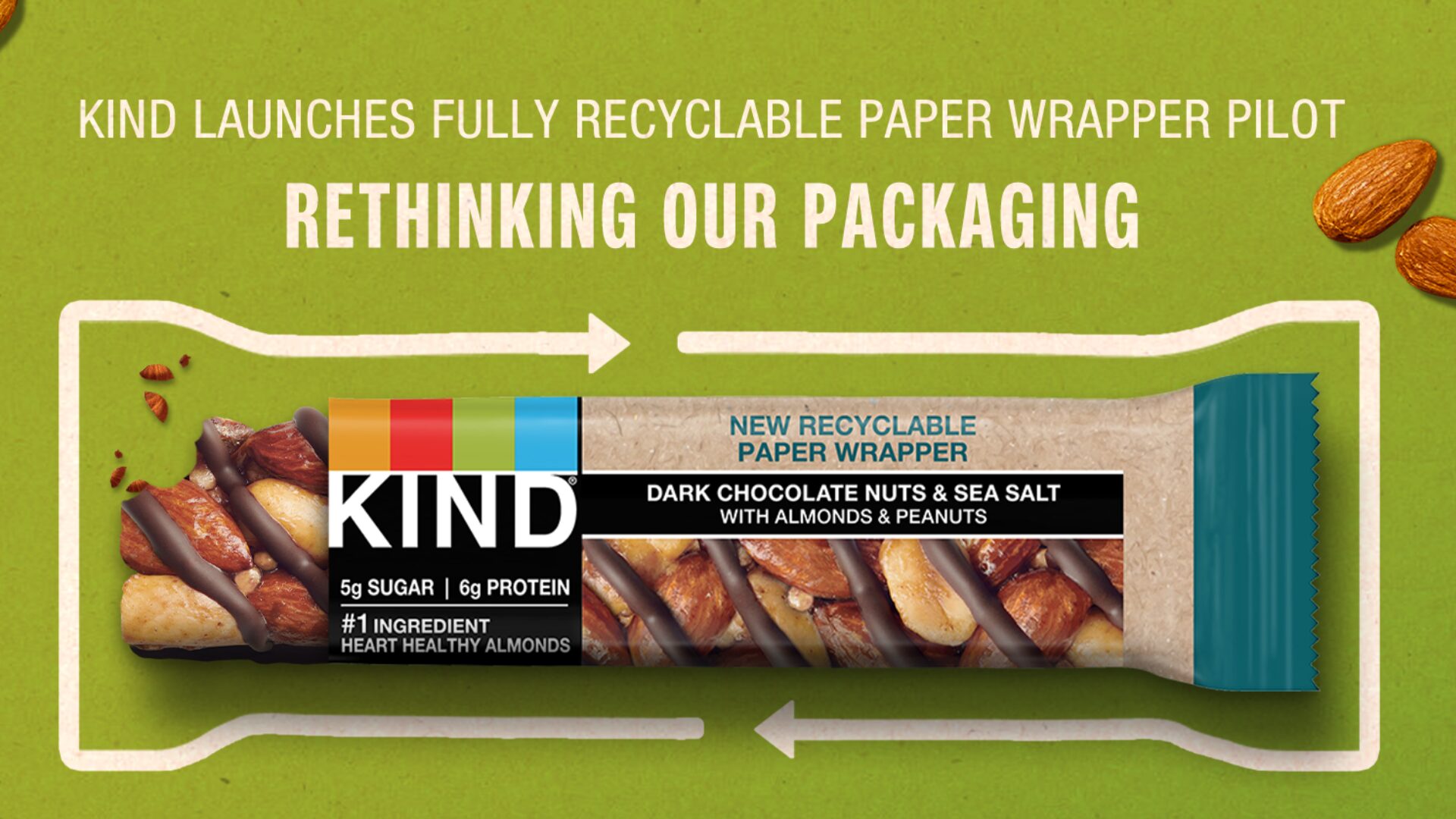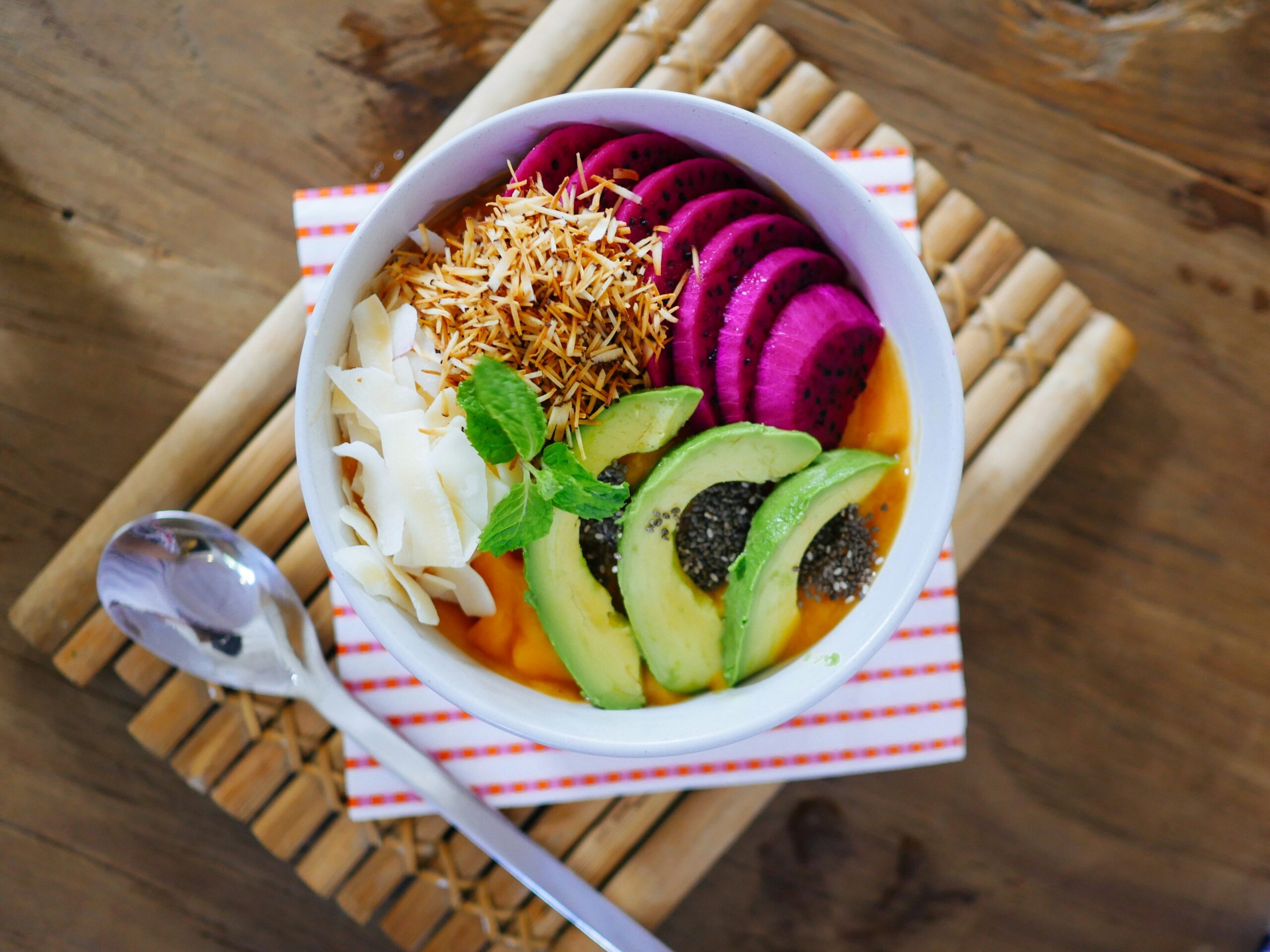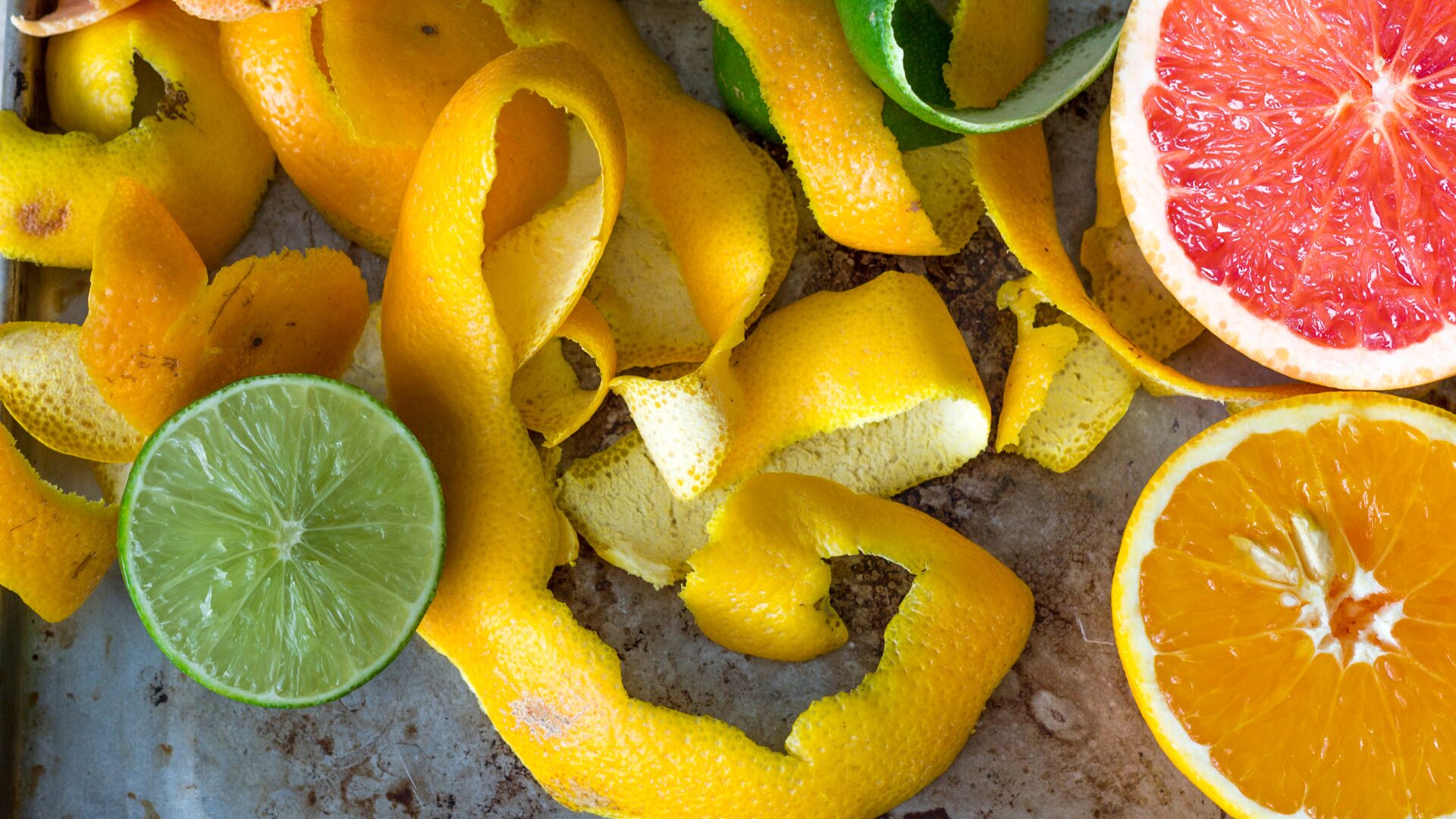As snacking trends around the world evolve, sustainability is emerging as a key theme across several markets.
In a recent blog post, Sally Lyons Wyatt, executive vice president and practice leader of client insights at IRI, outlined six sustainable snacking trends that are poised for growth in the years ahead.
Sustainable packaging
The use of non-recyclable plastic snack packaging is on the decline, as companies adjust their strategies to include more earth-friendly materials. Examples include:
- A broad shift to paper and cardboard (Germany)
- Compostable packaging and recycling-oriented label inclusions (New Zealand/Australia)
- Edible straws and seaweed-based packaging (Norway)
Socially responsible certifications
More brands across the globe are focusing on certifications that support the social, economic, and environmental pillars of sustainability, such as:
- Fair trade, slave-free chocolate (Germany)
- Rainforest Alliance Certification (New Zealand)
- Growth in marketing of certifications above, along with others including FSC, UTZ and sustainable seafood organizations (Italy)
In-Store Packaging Reuse
Stores that offer reusable packaging programs and promote the use of refillable vessels are on the rise. Examples include:
-
- Bring-your-own containers for bulk snack dispensaries, refill store models and Loop packaging reuse program (US/UK/New Zealand)
- Providing all snack products in refillable glass jars (Netherlands)
Expansion of Upcycling
More snacks are being made from upcycled food products that would otherwise have gone to waste, such as:
- Using imperfect/ surplus fruits and vegetables for snacks (US/Japan)
- Reusing wasted grain from beermaking as an ingredient for crackers and pasta (US/New Zealand)
Emphasis on Local
Pride of country is resonating among consumers and could be a candidate for expansion. This movement also offers the dual marketing appeal of both supporting local farmers and being more eco-friendly.
Cause-based Marketing
Tying snack product sales to charitable efforts is another growing trend that enables snack brands to not only do good, but also achieve sustainability differentiation. Examples include:
- Linking purchases to tree planting (Switzerland).
- Partnering with food banks to help fight food insecurity (Australia).
As Lyons Wyatt noted, definitions of sustainability in the snack industry are ever-widening, along with new innovations in how these products are being more sustainably sourced, manufactured, packaged, and marketed.
“Given the premiums consumers are willing to pay for these products across many countries around the world, it’s safe to assume that the appetite for sustainable snack products will only continue to grow in the years ahead,” she concluded.












